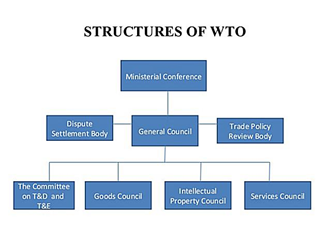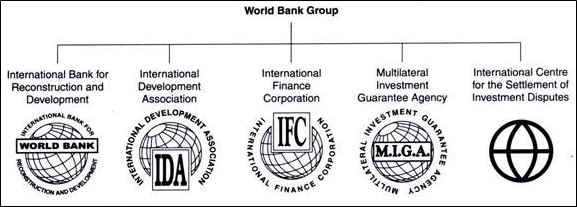1. National Payment Corporation of India (NPCI)
-
- It is an umbrella organisation which operates retail payments and settlement systems in India.
- It is an initiative of the Reserve Bank of India (RBI) and the Indian Banks’ Association (IBA) under the provisions of the Payment and Settlement Systems Act, 2007.
- It promotes digital finance through a range of products and services.
a) Unified Payment Interface (UPI)
-
- It is a real time money transfer system using virtual payment addresses.
- It uses mobile number to identify a bank account through a Virtual Payment Address (VPA)
- It is built over IMPS (Immediate Payment Services) architecture which ensures instant payment settlement.
b) RuPay Card
-
- It issues credit as well as debit card.
- There are no charges on transaction for the merchants (Unlike VISA and Mastercard).
c) BHIM App
-
- It is UPI-based application developed by NPCI.
- It facilitates e-payments directly through banks and encourage cashless transactions.
d) Bharat Bill Payment System (BBPS)
-
- It is an integrated bill payment system.
- It enables payment of recurring bills like electricity, water etc.
- One of the remarkable features of this system is instant confirmation of payment.
e) National Automated Clearing House (NACH)
-
- It facilitates interbank, high volume and recurring electronic transaction.
- Eg – Distribution of subsidies, payment of salaries, pensions etc
2. Fin Techs
-
- Fintech or “financial technology” includes a wide array of technological advancements aimed at transforming traditional financial services.
- Fintech companies leverage algorithms, software, along with innovative hardware like UPI soundboxes to usher in digital financial inclusion.
- Note: A fintech company is not a bank but a technology company which ties up with traditional financial services providers and leverages technology to enhance user experience.
Various role of Fintech
-
- It offers digital alternatives for remote payment solutions without the need for physical presence.
- It leverages digital KYC processes to reach unbanked areas.
- It offers easy payment options for loans, customised insurance products, small investment plans for low-income individuals and those having low risk-taking potential.
- It enables easier access to funding and digital payment solutions for business transactions.
3. Neo Banks
-
- These are fintech companies which only have digital presence.
- They do not have any physical branches.
- They offer a range of financial products – Savings accounts, Deposits, loans etc.
- They do not have a banking license and they tie up with commercial banks, small finance banks for regulatory purposes.



